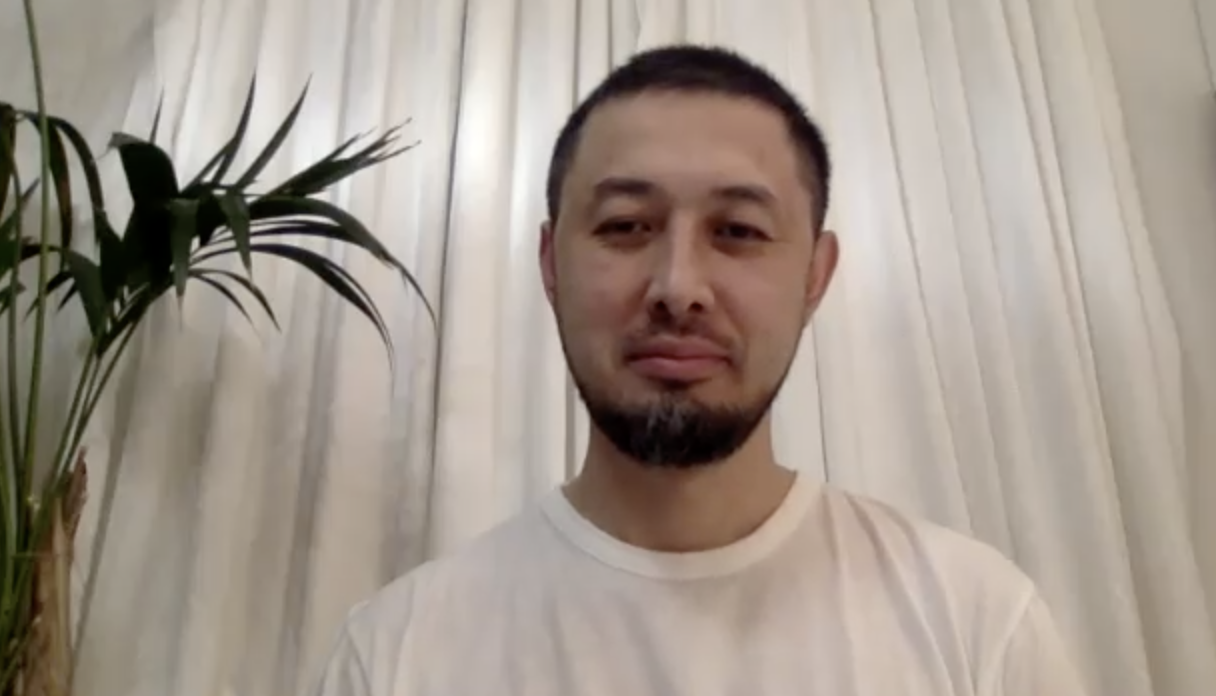Today, the Clooney Foundation for Justice filed an amicus brief in support of activist Alnur Ilyashev’s appeal of his conviction in Kazakhstan, following a trial marred by violations of Mr. Ilyashev’s human rights.
TrialWatch, a CFJ initiative, monitored Mr. Ilyashev’s trial on charges of “disseminat[ing] knowingly false information, endangering public order and causing substantial harm … in a state of emergency.” The charges were predicated on three Facebook posts that criticized the ruling Nur Otan party, including for its response to the COVID-19 pandemic. The trial, which was conducted entirely by video conference due to the pandemic, resulted in a sentence that included a five-year ban on political activities. Mr. Ilyashev’s appeal will be heard on September 8.
Mr. Ilyashev’s conviction came amidst a renewed crackdown on activists in Kazakhstan. Authorities have reportedly relied in part on the COVID-19 pandemic as a pretext to target opponents and restrict freedom of expression.
The American Bar Association Center for Human Rights (CHR), which monitored Mr. Ilyashev’s trial as part of the TrialWatch initiative, concluded in a Preliminary Report that Mr. Ilyashev’s trial violated a number of rights protected by the International Covenant on Civil and Political Rights (ICCPR), to which Kazakhstan is a party, including the right to a fair trial and the right to freedom of expression. The Preliminary Report found that the proceedings were “marred by severe violations of Mr. Ilyashev’s right to a fair trial.” Drawing on the Preliminary Report, a review of the record at trial, and applicable legal standards, CFJ’s amicus brief urges the Almaty City Court to overturn the trial court’s verdict and acquit Mr. Ilyashev. CFJ calls on the government of Kazakhstan to allow Mr. Ilyashev to exercise his right to freedom of expression, including by respecting his right to publicly criticize the ruling Nur Otan party, and to allow him to fully participate in political and public life.
Background
The CFJ amicus brief argues that the trial court violated Mr. Ilyashev’s right to a fair trial under Article 14 of the ICCPR by: (i) violating his right to present a defense due to technical difficulties that prevented him and his lawyers from hearing and participating in the proceedings, (ii) undermining his ability to communicate confidentially with counsel, and (iii) infringing on his right to call and examine witnesses. The brief notes that the virtual nature of the proceedings, which included repeated connectivity problems, was so deficient that it led Mr. Ilyashev to remark in frustration, “I am the main person involved and I cannot hear anything.” Further, with one exception, Mr. Ilyashev was only able to communicate with his lawyers during trial over the court’s open videoconferencing feed, to which the prosecution was also sometimes logged in. The brief also highlights that Mr. Ilyashev’s lawyers’ cross-examination of the key prosecution witness— whose findings were central to the trial court’s judgment—was truncated, since her phone died on the day initially set for her examination and the court then accepted her representation that she was ill and could not appear the following day.
Finally, the brief explains that the trial court violated Mr. Ilyashev’s right to freedom of expression under Article 19 of the ICCPR by convicting Mr. Ilyashev for lawful expression without identifying with specificity the ostensible public order need for his prosecution, much less showing that his prosecution was necessary or proportionate to such a need. Instead, the trial court simply relied on an unproved set of vague allegations including that his posts could lead to “acts of civil disobedience, including unauthorized rallies during the state of emergency, and, as a result, mass non-compliance with quarantine…”.
View statement in Russian (русский).
Amicus brief (English).
Amicus brief (русский).
